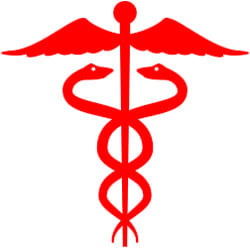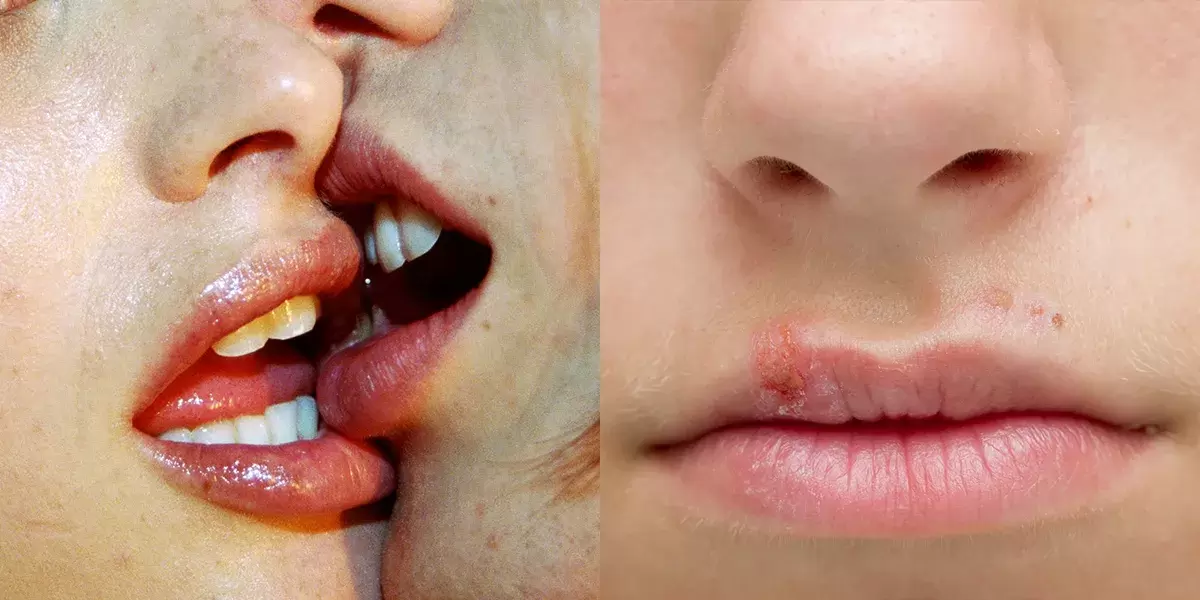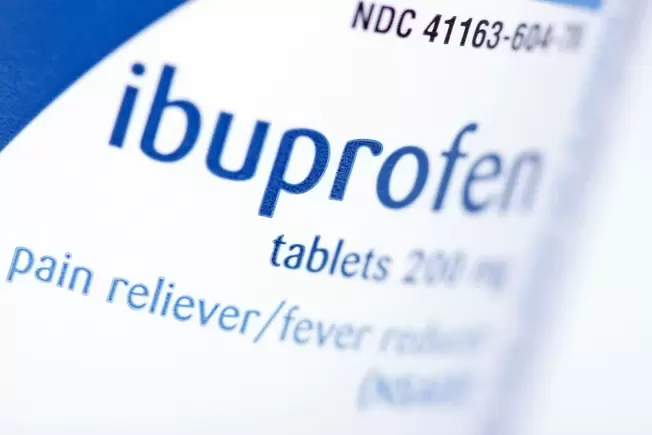Mono -Warnings Signs
Yes, the name and cause of the disease can be a bit of a surprise for many. Oh no! says many. Well yes! replies the medical profession. As scientists do their research, they are able to isolate or show a distinction among various diseases that have common symptoms. So, here comes Mono.
1. What Is It?
Mononucleosis or "mono" is a viral infection that can cause flu-like symptoms that usually show up 4 to 6 weeks after you get it. It's sometimes called the "kissing disease" because the virus often spread through smooches.
2. What Causes It?
The most common culprit is the Epstein-Barr virus. But other viruses can also give you mononucleosis. Just because you get the virus means it will turn into a full- blown case of mono. many people who are infected, especially small kids, have very few, if any, symptoms.
3.Symtoms
3.Symtoms
You might feel more tired than usual and have a mild fever and sore throat. Your lymph nodes, tissues that normally act as filters, may swell under your arms and neck and groin area. You also may have body aches and pains, swollen tonsils, headache, and even a skin rash.
4.Who gets It?
4.Who gets It?
Anyone can get mono. But teens and people in their early 20s are most likely to have symptoms serious enough to notice. By then, even if you haven't felt sick, you almost surely already caught the Epstein -Barr virus. If so, you probably won't get mono again.
5. How Did You Get It?
5. How Did You Get It?
The virus lives in the spit of someone who has mono. So you can catch it from kissing them, or sharing cups, spoons, and other items. Mono doesn't spread as easily as the common cold, but you could get it through a cough or sneeze if you're nearby. Other bodily fluids like blood and semen, may also pass it on.
6. When Is It Contagious?
6. When Is It Contagious?
When you're sick for sure. But you also can give mono to someone even before you know you have it. That's because the virus may incubate for 4 to 7 weeks before you notice any signs. Even then you may not recognize it as mono because your symptoms may not all happen at once. Some studies show that you can pass the virus for as long as 18 months after you recover.
7. Treatment
7. Treatment
Neither antibiotics ( which fight bacteria) nor antiviral drugs work against mono. Ibuprofen or acetaminophen can help with headaches, fever, and body aches, but there are no medication that can cure or even shorten your bout of illness. Never give aspirins to a sick child from mono or any other virus because it can cause a serious condition called Reye's syndrome that can damage the liver.
8. Prevention
8. Prevention
There's no vaccine for mono. If someone you know has it, don't lock lips with them! Try to be safe, wait several days before the person no longer has the symptoms, especially fever. Wash your hands regularly and avoid sharing food , drinks , and personal items like toothbrushes. There's not much else you can do to stop yourself from getting the virus. That's why 95 % of Americans have the virus in their system by the time they are adults. Credit: WebMD








